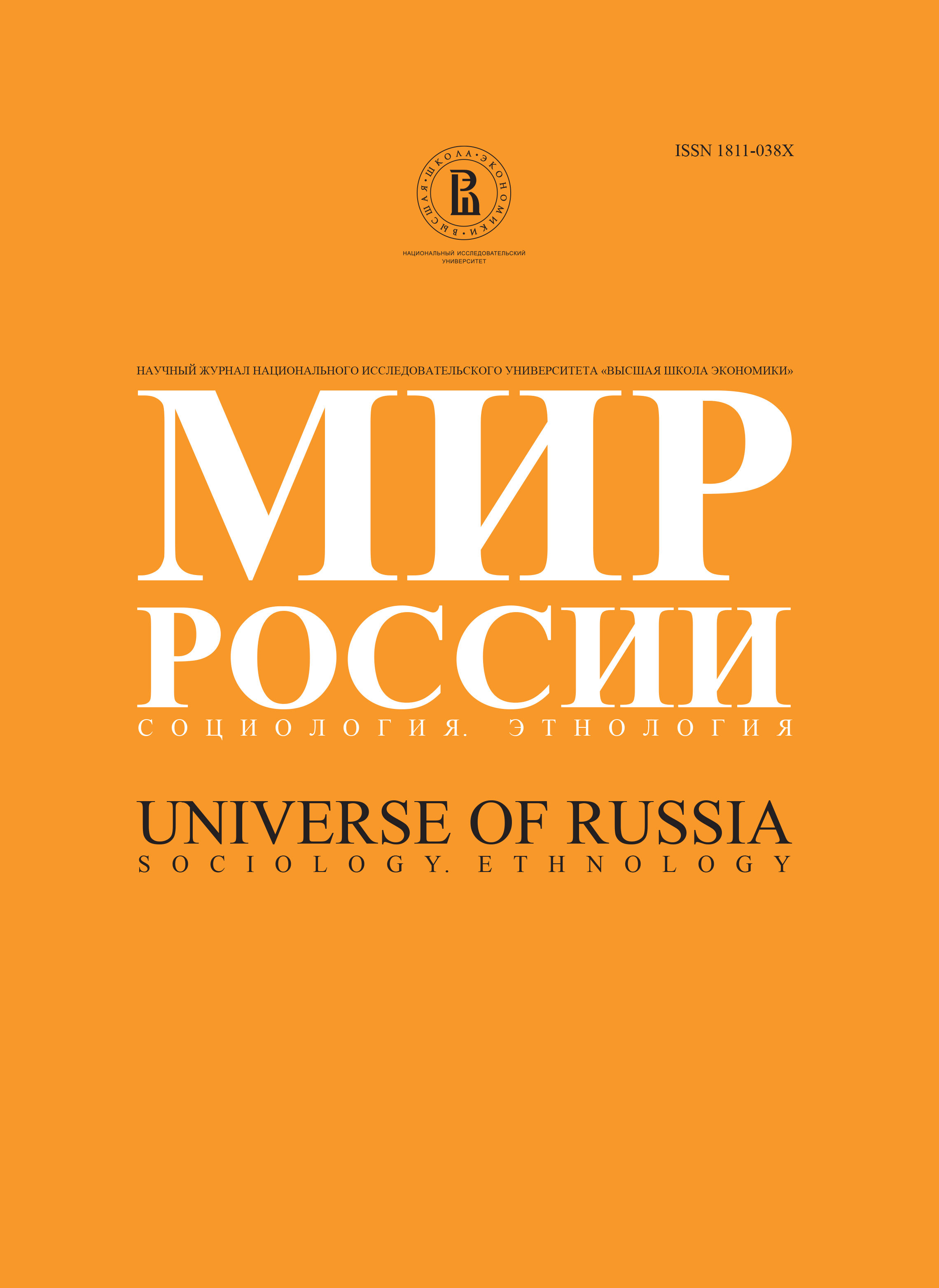Attraction Of The Baltic Countries (Baltic Russians And Baltic Cultures)
Abstract
After the collapse of the USSR millions of Russians found themselves a minority group, which is unusual for the Russians. The situation of Russians in the Baltic countries is particularly unusual. Here they became the minority group in the only countries of the former USSR with the cultures of Western European type (Lutheran and Catholic by their genesis). These are the only countries of the former USSR, which are successfully building democratic market societies of Western European type. The analysis of the behavior of the Russians in this extremely unusual and experimental situation is very interesting for understanding Russian psychology and culture, and especially Soviet and post-Soviet. The study of this behavior is the main purpose of this article. The authors of the article use the data of sociological surveys and censuses in three Baltic countries. The authors’ point of view is that these data about mass consciousness of the Russians in these countries disclose some aspects of Russian consciousness and culture as a whole. The authors give some facts, which clearly indicate the huge attractive power, which the Baltic cultures have for the Russians. In spite of the negative attitude of Baltic nations, and in spite of humiliating status of the Russians, who are being pushed out of Baltic societies, Russians nevertheless love to live in the Baltic countries, they like the Baltic way of life and the Baltic nations. But the other side of this attraction to the Baltic countries is the rejection of Russia. It is the evidence of deep dissatisfaction of Russians with themselves, with their culture. Russians are attracted by “European features”, at the same time they don’t believe in possibilities of Russia becoming a “normal” European country, they do not expect anything really good from Russia. Moreover, they do not believe in their own possibilities for effective collective actions as Russians. But if this complex of feelings is becoming distinctly apparent among the Russians in the Baltic countries, then it is peculiar to Russian culture as a whole, this is an element of self-denial and self-dissatisfaction, which is very strong in Russian culture. Lack of faith in oneself, in one’s opportunities to become a European nation, to change as a nation, as a society is also typical of the Russians living in Russia. But these qualities are more obvious on the national than on the individual level. Russians have a very high level of individual survival and adaptability. The Russians in the Baltic countries live within the system of institutions and values, which were not elaborated by them. They cannot have such a system in Russia and they do not believe that they are capable of creating it. But they act within this system rather well and in some aspects even better than the Baltic nations themselves. The success of the Russian minority, living in “Baltic diaspora” has a huge psychological effect. People see that they are not worse than others. Their self-esteem is gradually coming back to them. A new group of people is emerging – a group of “new Russians”, who know how to live and prosper in European environment, who accept European norms and don’t have a “feeling of humiliation” regarding the bearers of European cultures. These people must inevitably become the transmitter of European values and European social skills to Russia. This is the role of the Baltic Russians, who will soon be the citizens of united Europe. Russia is not satisfied with itself, it wants to change. But it doesn’t know how to do it and doesn’t believe in itself. The example of the Russians, who succeed in it, may be very useful.






